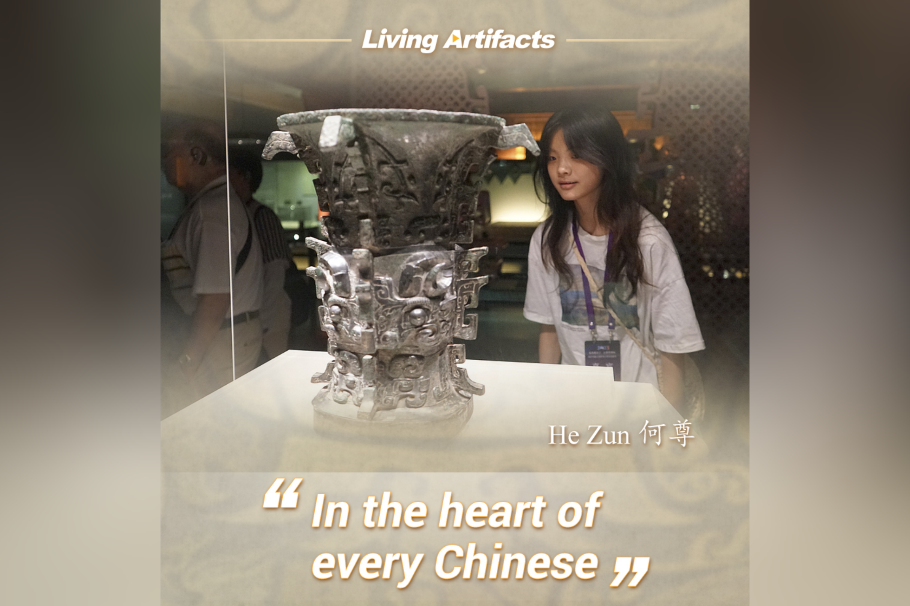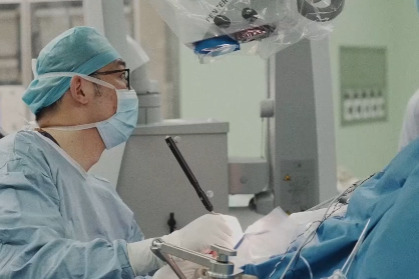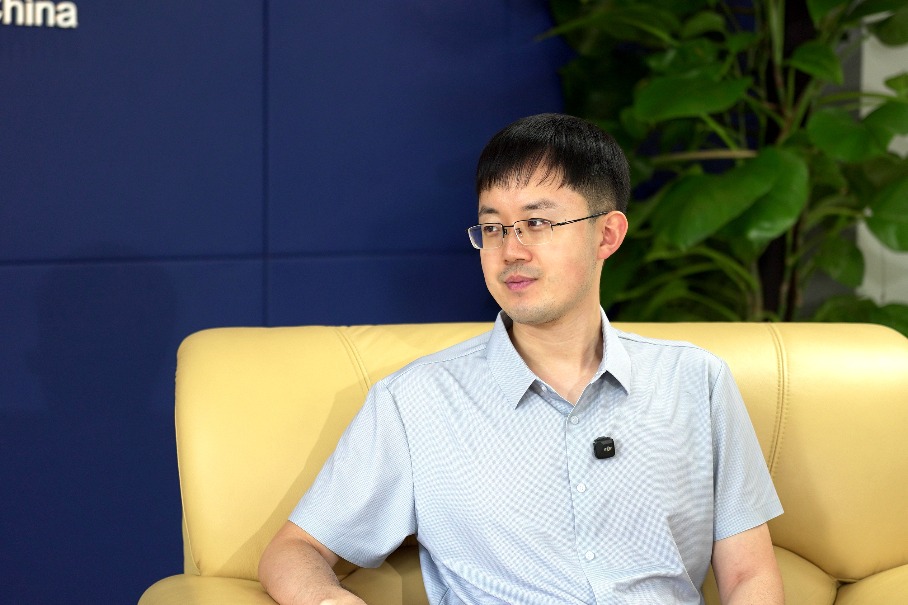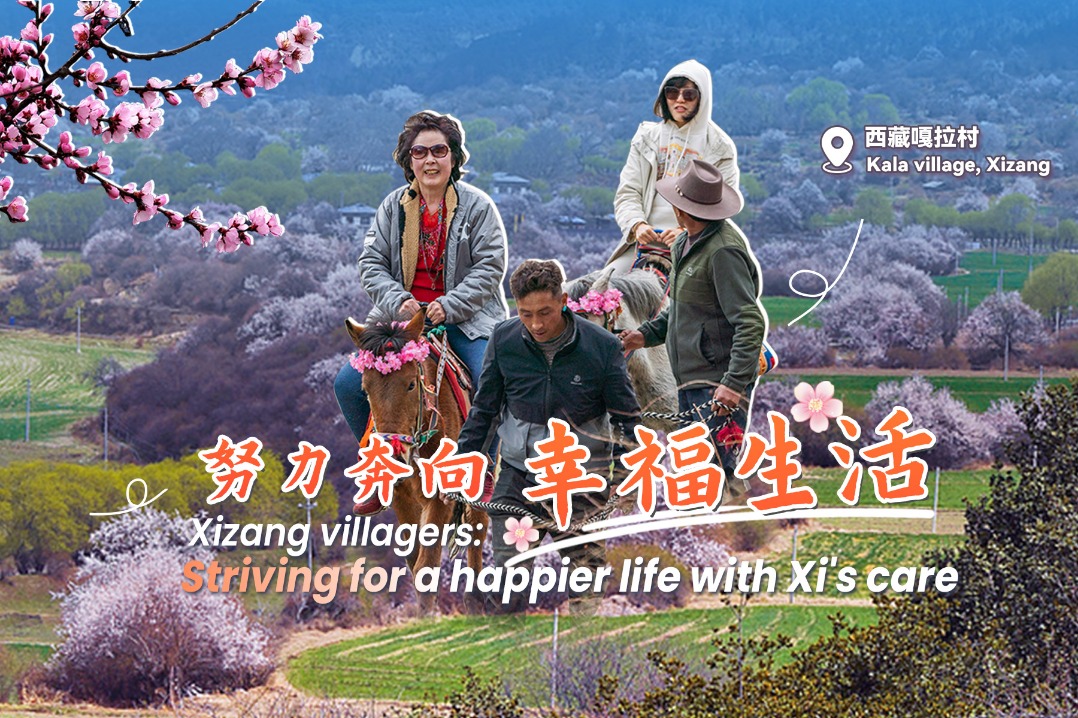Diver pieces back together smashed marine ecosystem
Improved ecology gives Hainan diving paradise distinct charm

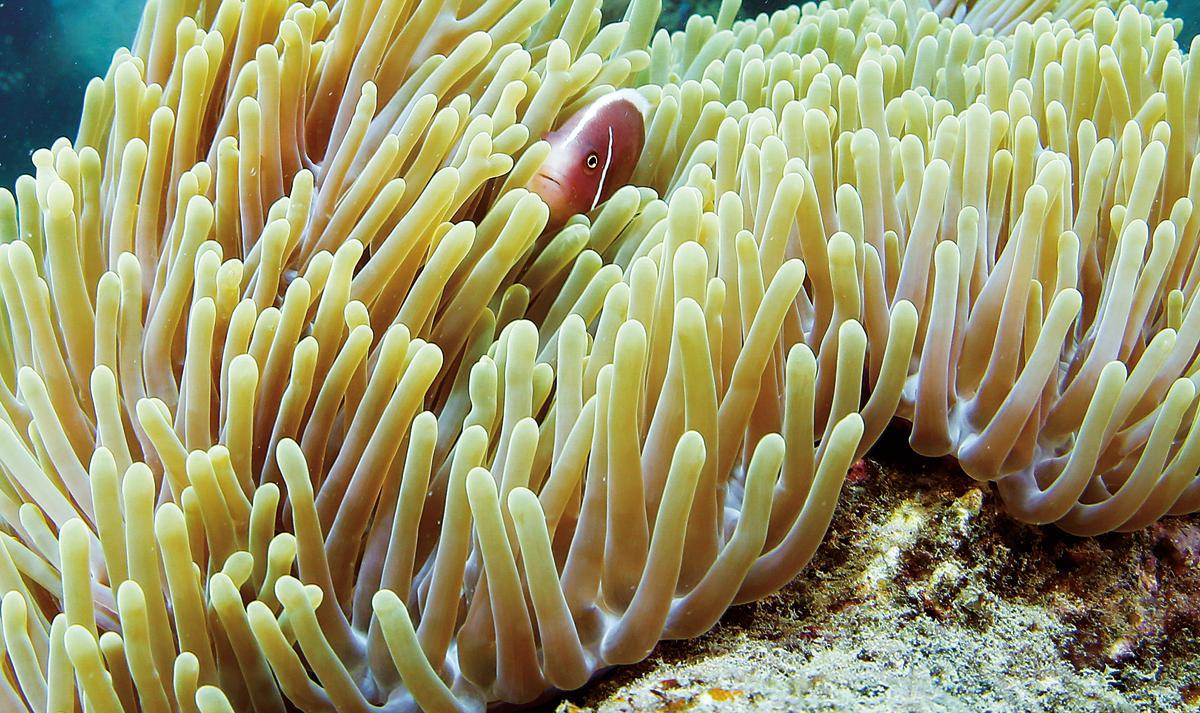
The consistent efforts from the resort have not only resulted in an improved marine ecosystem in the area, but also have seen tourism boom on the island, according to Wang.
As a regular diver, he has witnessed a remarkable growth in the number of fish in the area, both small ones and big predators, he said. In recent years, he has frequently run into giant groupers, a creature he seldom saw before, and he believes one of them, which inhabits a boat sank on purpose to act as a reef, weighs more than 100 kilograms.
What is beyond Wang's imagination is that a seal, which is endemic to sea areas with cold water, has also been observed roaming in the area, he said.
Wang added the island's annual diving revenue now totals hundreds of millions of yuan.
Attracted by the vibrant coral reefs, You Ling, owner of the 57 Diving School in Sanya, has explored many popular diving destinations worldwide, including French Polynesia and Fiji. She considers the diving site in Wuzhizhou to be the standout choice in Sanya compared to other diving spots.
The 52-year-old emphasized the contribution of the coral restoration efforts to its distinction compared with other areas in Sanya.
"In Sanya, many underwater areas are desolate, plagued by extensive sand deposits with silt and debris, lacking the allure of overseas diving paradises," she said. "Nevertheless, Wuzhizhou defies this trend. Its vibrant corals, displaying an array of colors and formations, congregate like a naturally cultivated garden."
The diving school owner echoed Wang, saying that she has found an increase in both fish number and variety in Wuzhizhou.
Wang Aimin, a retired professor of marine biology at Hainan University, said the increase of fish in the Wuzhizhou area, a result of the marine ranch construction, has indeed facilitated coral restoration.
Fish, particularly algae-eating species, can help control diatoms, which often cover coral and compete with zooxanthellae, a crucial symbiotic algae that lives within the tissues of coral polyps, for light, he explained.
With a mutually beneficial relationship with the coral, zooxanthellae can convert sunlight into energy through photosynthesis. Through this process, they provide the coral with essential nutrients such as glucose, glycerol and amino acids.
Wang depicted a vibrant scene in some areas around Wuzhizhou, saying "The corals there thrive abundantly, forming thick layers one upon another".
This has happened because of the abundant fish population in the region, he said, adding the Wuzhizhou resort's stringent control on fishing has significantly deterred fishermen.
Had overfishing not been brought under control, "the absence of any marine species in the ocean ecosystem can lead to problems", he stressed, adding that the depletion of fishery resources would jeopardize the living environment for corals.














